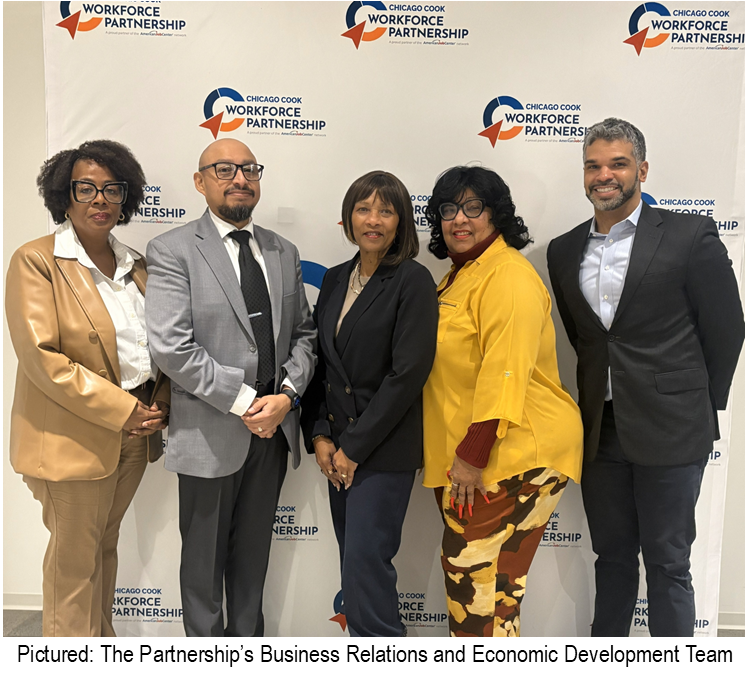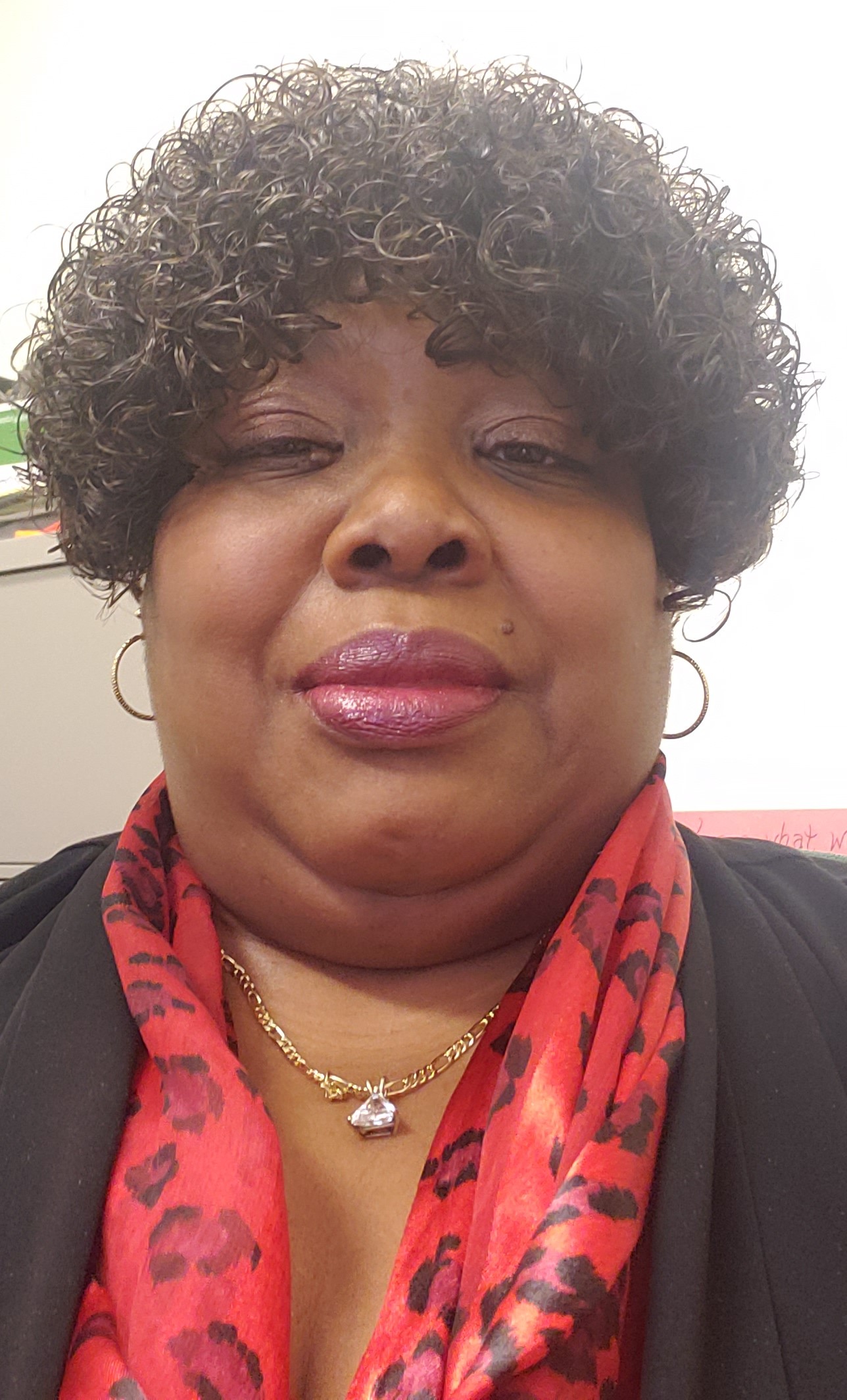I have decided to carry the celebration of Black History Month with me into Women’s History Month because (spoiler alert!) Black Women rock and warrant more than 28 days of time and attention. I don’t mean to imply that others (of all identities, shades and hues) don’t deserve some extra time, too. Goodness knows that humanity has been through more than enough since February of 2020.
But this, I’ve decided, is the year of the woman. There are just far too many rooms full of male voices that seek to define policy and perspective, establishing the rules of engagement for Post Pandemic Recovery. These are big words – and even bigger ideas – probably in ALL CAPS. Which got me to thinking – what does it mean to recover from a pandemic?
Webster’s Dictionary defines “recovery” as “a return to a normal state of health, mind, or strength” or “the action or process of regaining possession or control of something stolen or lost.” Wait, push the pause button! Recovery is either a return to “normal” or a return to “control”? Who is defining what “normal” was? And what was the thing that was stolen or lost that we must regain control of? My guess is “normal” but as an idea “normal” feels unreachable and incorporeal.
As always, when I feel form and substance slipping, I return to women like my Aunt Mary to help me regain my footing. When I spoke with her early into the pandemic, she reminded me that this was her second lifetime pandemic. The first, polio. During that pandemic, she said she would sit on the stoop outside my grandparents’ apartment – which was as far away as she was allowed to wander. For her, returning to “normal” meant venturing out into the world to explore and become.
Or my mother-in-law, Marie Perry, who lived through polio, too, but also Jim Crow. The latter, a pandemic public health crisis of its own that infected everyone – white and black alike – whether they recognized it or not. Science has yet to develop a racism vaccine. But it did develop two polio vaccines, which led to the first modern mass inoculations.
My Aunt Mary gave me my first inoculation against hopelessness by showing me what women are capable of. Later, Ms. Perry gave me my second by teaching me everything I needed to know about how women feed and grow us into our own selves. She showed me unconditional love and work ethic in the face of unethical work. My mother-in-law loved her work and her patients, working for decades as a nurse in long term care, giving her life to an industry that refused to pay her what she was worth.
My Aunt Mary left my grandparent’s stoop and became a teacher. Ms. Perry, a nurse. Both respectable, womanly jobs. I sat at their tables and was filled with their memories of service to students and patients, families and communities. Neither returned to “normal.” Considering their stories, I wonder if, rather than returning to normal, pandemics are meant to help us transform. Like forest fires that burn away the forest floor, do pandemics force human societies to find new ways to heal and grow?
This feels like a solid place to land. It is a table I recognize. As I talk with other women experiencing the transformation that this pandemic provides, I understand that life should not be the same on the other side. So, during this month of March, we will set the table and prepare the menu for the feast that is to come. We will hear the perspectives of women influenced by the heat of a pandemic that has transformed the world of work. We will hear from women who are discovering new recipes for life that offer agency and self-determination.
Work, for women, has always required more. More sacrifice, more time, more “more-ness”. The Covid pandemic created space for some women to look at that “more” and wonder how it could benefit them. What might be beyond the stoop? For other women, the act of wondering about “more-ness” remains beyond reach. Their days are a tumult of more children to be taught, more bills to be paid, and more dishes to be done. For these women, making it til tomorrow is a Venusian feat.
So, for the next month (at least) we will hear from women in leadership roles who are asking hard questions, humbly considering the challenged paths, and reaching out to be with our sisters who are holding it together with bubble gum and pints of mint chocolate chip ice cream. What does this future of work look like? How will women participate and how will they change or disrupt the narrative? The voices that we will hear reflect the issues and challenges that influence how, still, we rise.
This cacophony of voices raises expectation and a deep desire for more. This is a table I recognize. I am challenged by my friends and colleagues to find my voice and share my truth and I encourage everyone reading this to share yours as well. This work is a blessing to me – I get to learn from and listen to richly passionate professionals as they consider how to connect people to meaningful work that allows them to live a life that meets (and maybe exceeds) their needs.
Let’s consider together what life on the other side of Covid might mean for women (and men) who love their families and communities and want to become the best “them” they can. For some it may mean going back to waiting tables and providing sustenance and joy to customers. For others, it might mean finally building that financial plan into a business. Or learning a new skill as a manufacturing technician apprentice. There are as many ways to make a living as there are lives and we have the opportunity to pursue those dreams now.
I’m hungry for the conversation. I hope you are, too!
Warmly,
Tracey





